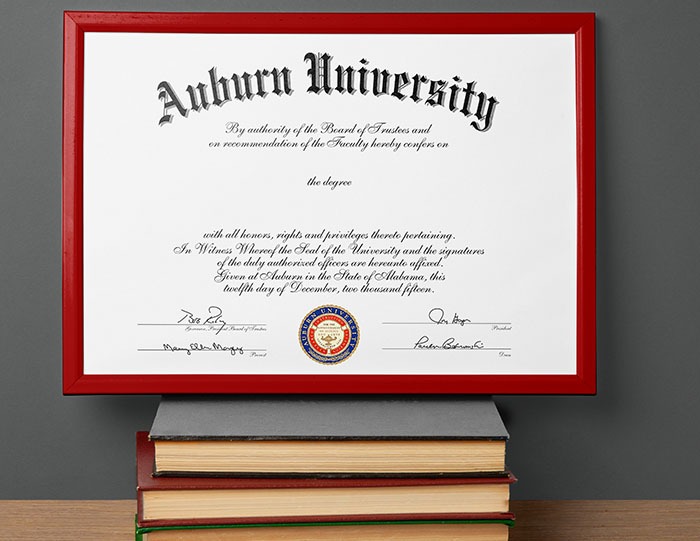Acquiring a Fake Diploma Online
The digital era has ushered in the possibility of obtaining a fake diploma with unprecedented ease. At a glance, this route appears to offer a quick fix to those aiming to boost their resume or professional standing. However, the allure of such a convenience masks a web of potential pitfalls and negative repercussions. This exploration delves into the stark realities tied to the online procurement of counterfeit educational credentials.


The decision to wield a fake diploma erodes personal integrity and can severely damage one’s professional image. In the realm of work and academia, the authenticity of qualifications is paramount. A revealed forgery can lead to not just personal embarrassment but also a significant erosion of trust and respect among peers, employers, and institutions. The ripple effect of such an exposure can dismantle professional networks and relationships painstakingly built over years.
Legal Repercussions
Beyond the ethical considerations, engaging in the trade of fake diplomas can entangle individuals in legal troubles. The severity of these consequences varies globally, governed by local laws addressing fraud, forgery, and deceit. Those found guilty may face dire outcomes, including fines, criminal records, or incarceration. Such legal entanglements underscore the high stakes involved, far outweighing the initial perceived benefits of purchasing a counterfeit diploma.
Career Implications and Stunted Growth
The illusion of advancement through a fake diploma often gives way to the harsh reality of under preparedness. Occupying a role without the requisite knowledge or skills sets a stage for professional failure. The disconnect between one’s purported and actual capabilities can lead to dissatisfaction, underperformance, and a lack of career progression. This stagnation not only hinders personal development but also affects the workplace, contributing to inefficiencies and imbalances.
Erosion of Academic Value
The proliferation of fake diplomas poses a broader threat to the sanctity of genuine academic achievements. As counterfeit credentials become more common, skepticism grows, diluting the trust in legitimate diplomas. This skepticism forces employers and academic institutions to adopt more rigorous verification processes, inadvertently placing an undue burden on those with real qualifications. Consequently, the value placed on true academic merit diminishes, overshadowing the accomplishments of deserving individuals.
The temptation to purchase a fake diploma online, while seemingly offering a shortcut to success, harbors a myriad of ethical, legal, and professional hazards. These ramifications not only affect the individual involved but also undermine the foundation of trust and meritocracy that sustains professional and academic environments.
